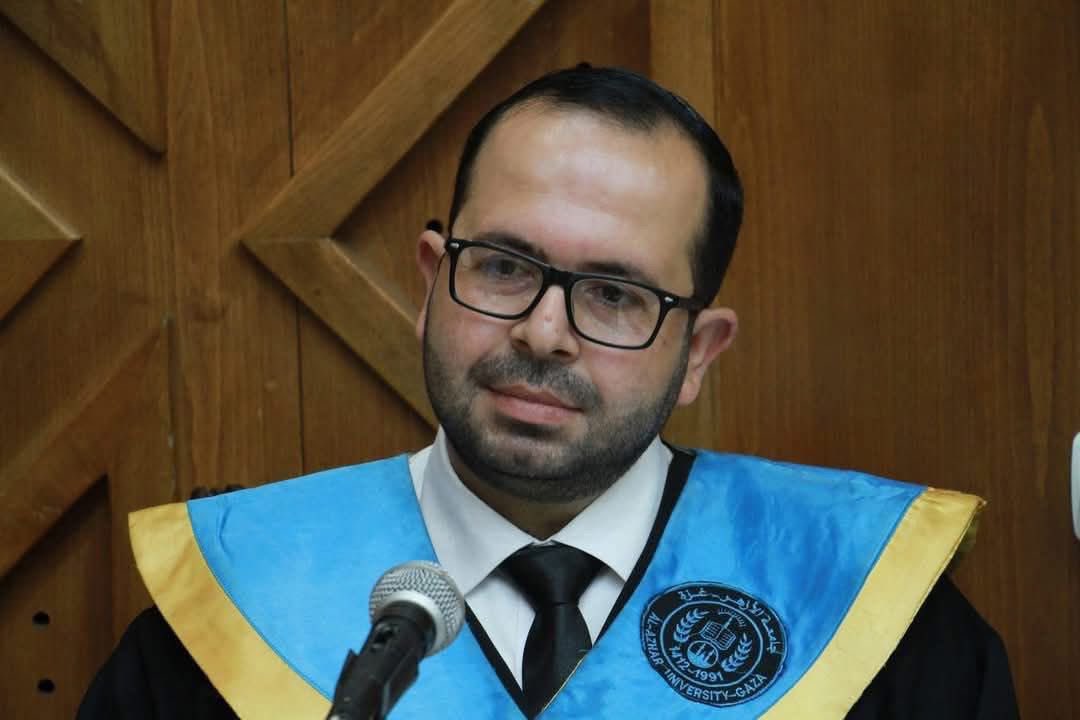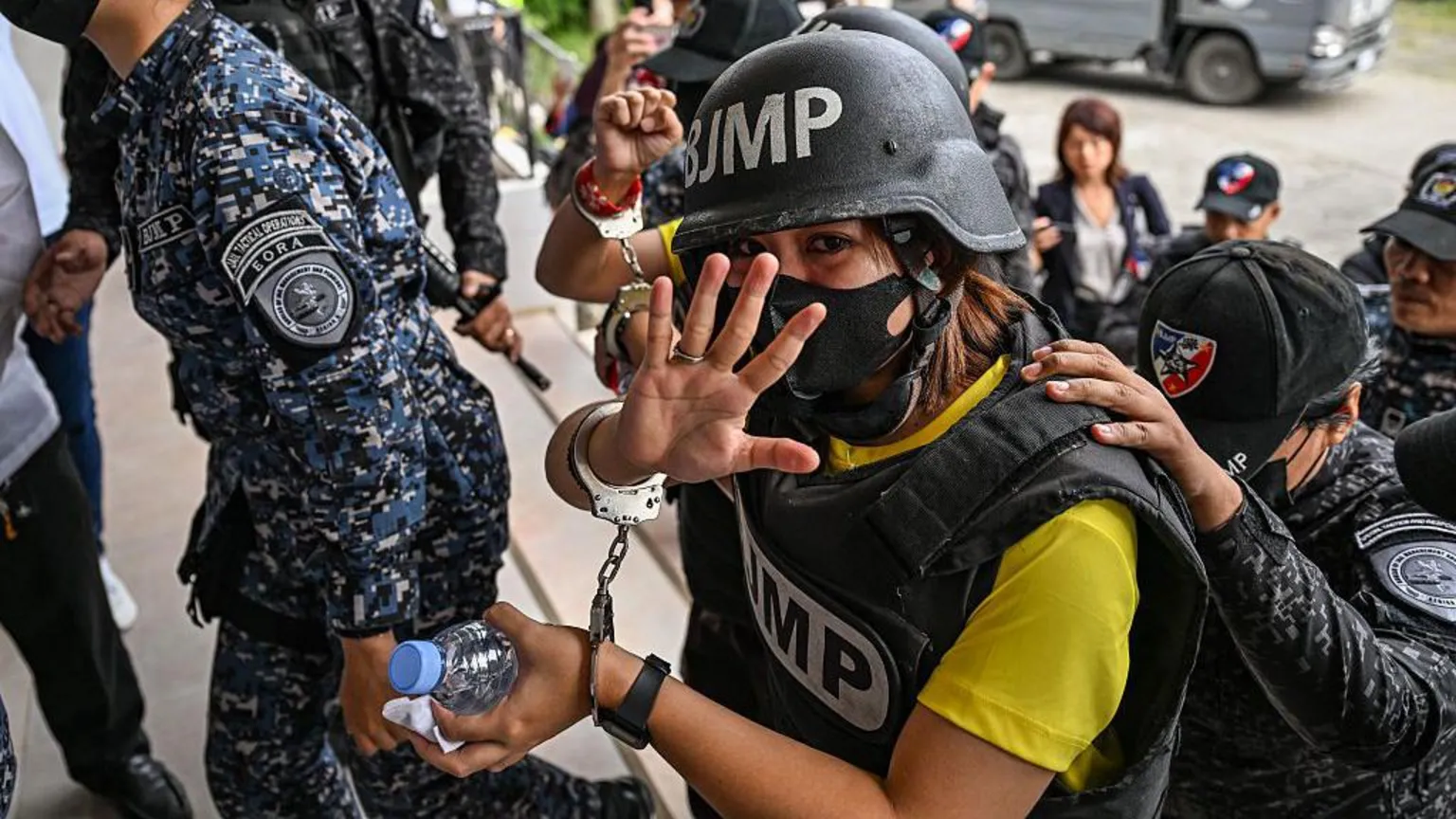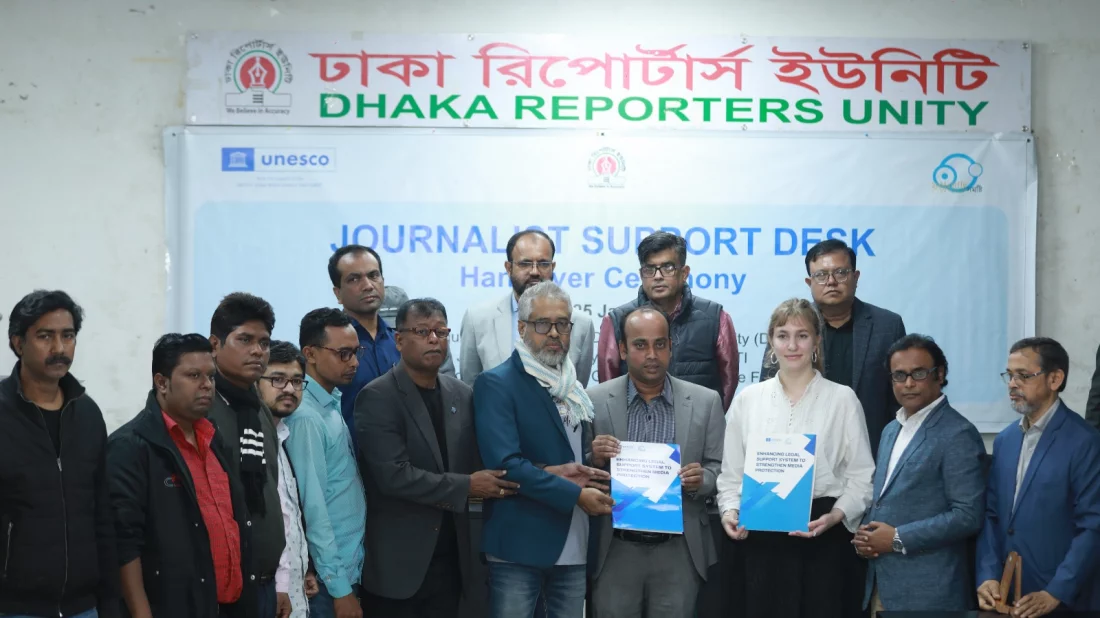
Russian Izvestia Reporter Killed in Eastern Ukraine Drone Strike
January 4, 2025
Palestinian Journalist Mohammad Hijazi Killed in Jabalia: “I Refuse a Cheap Death”
January 5, 2025January 4, 2025 – India –
The murder of 33-year-old journalist Mukesh Chandrakar in Chhattisgarh’s Bijapur district has sparked national outrage and renewed concerns over the safety of journalists investigating corruption. Chandrakar, a freelancer for NDTV and the YouTube channel “Bastar Junction,” had recently reported on a ₹120 crore road construction scam implicating local contractors and officials.
He went missing on January 1, 2025, shortly after publishing his findings. Following a missing person report filed by his brother, police traced his location using CCTV footage and mobile data. On January 3, his body was discovered in a septic tank covered by a concrete slab on the property of contractor Suresh Chandrakar, one of the individuals named in his report.
A post-mortem examination confirmed that Mukesh died from blunt-force trauma to the head and torso. Authorities arrested three suspects: Suresh’s brothers Ritesh and Dinesh Chandrakar, and their supervisor Mahendra Ramteke. Suresh Chandrakar, the primary accused, remains at large.
The murder has prompted widespread condemnation from media bodies and civil society. The Editors Guild of India expressed deep concern, calling the incident an “assault on press freedom” and urging authorities to protect journalists, especially those working in remote and vulnerable areas. The Press Association echoed these concerns and demanded immediate justice.
Chhattisgarh Chief Minister Vishnu Deo Sai assured the public that the culprits would be brought to justice. He announced ₹10 lakh in compensation to the journalist’s family and appointed an 11-member Special Investigation Team led by senior IPS officer Mayank Gurjar to expedite the probe.
A detailed charge sheet has since been filed under the Bharatiya Nyaya Sanhita, including charges of murder, criminal conspiracy, and evidence tampering. Investigators cited 72 witnesses and strong forensic evidence linking the suspects to the crime.
Mukesh Chandrakar’s death highlights the increasing risks faced by rural journalists in India. His killing underscores the urgent need for legal protections, institutional safeguards, and rapid-response mechanisms to ensure journalists can work without fear of retaliation, especially when uncovering corruption and holding the powerful to account.
Reference –




